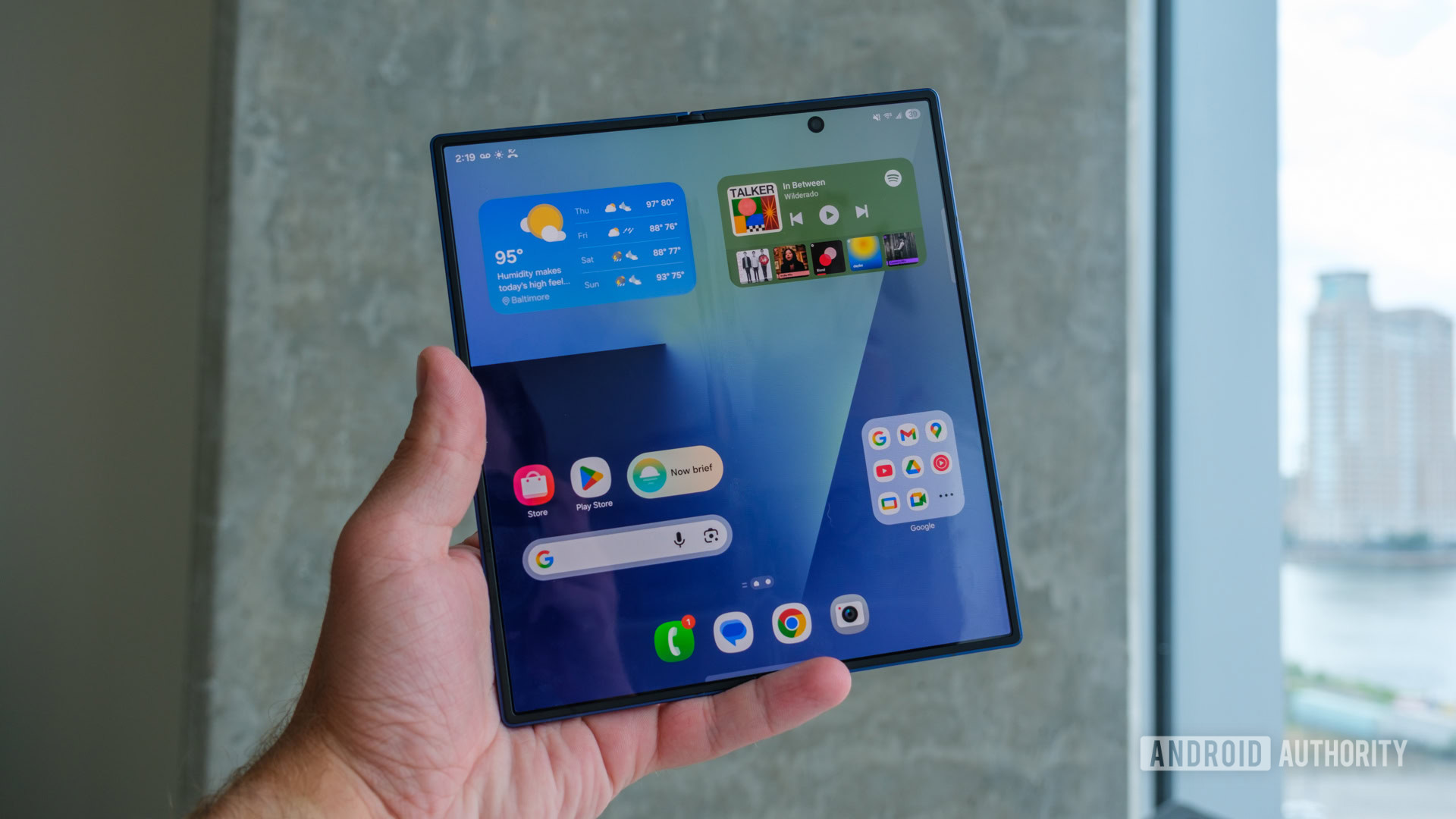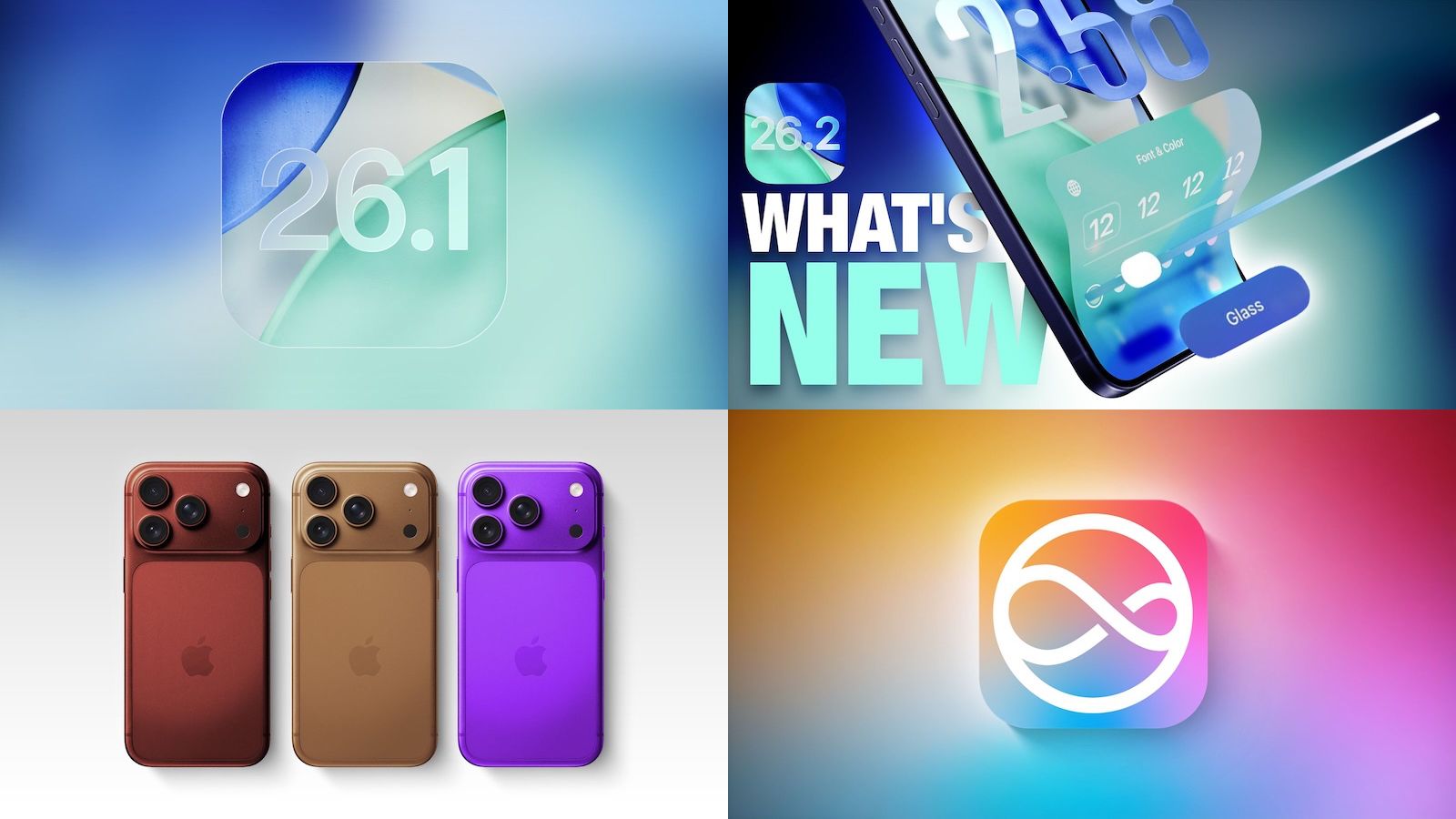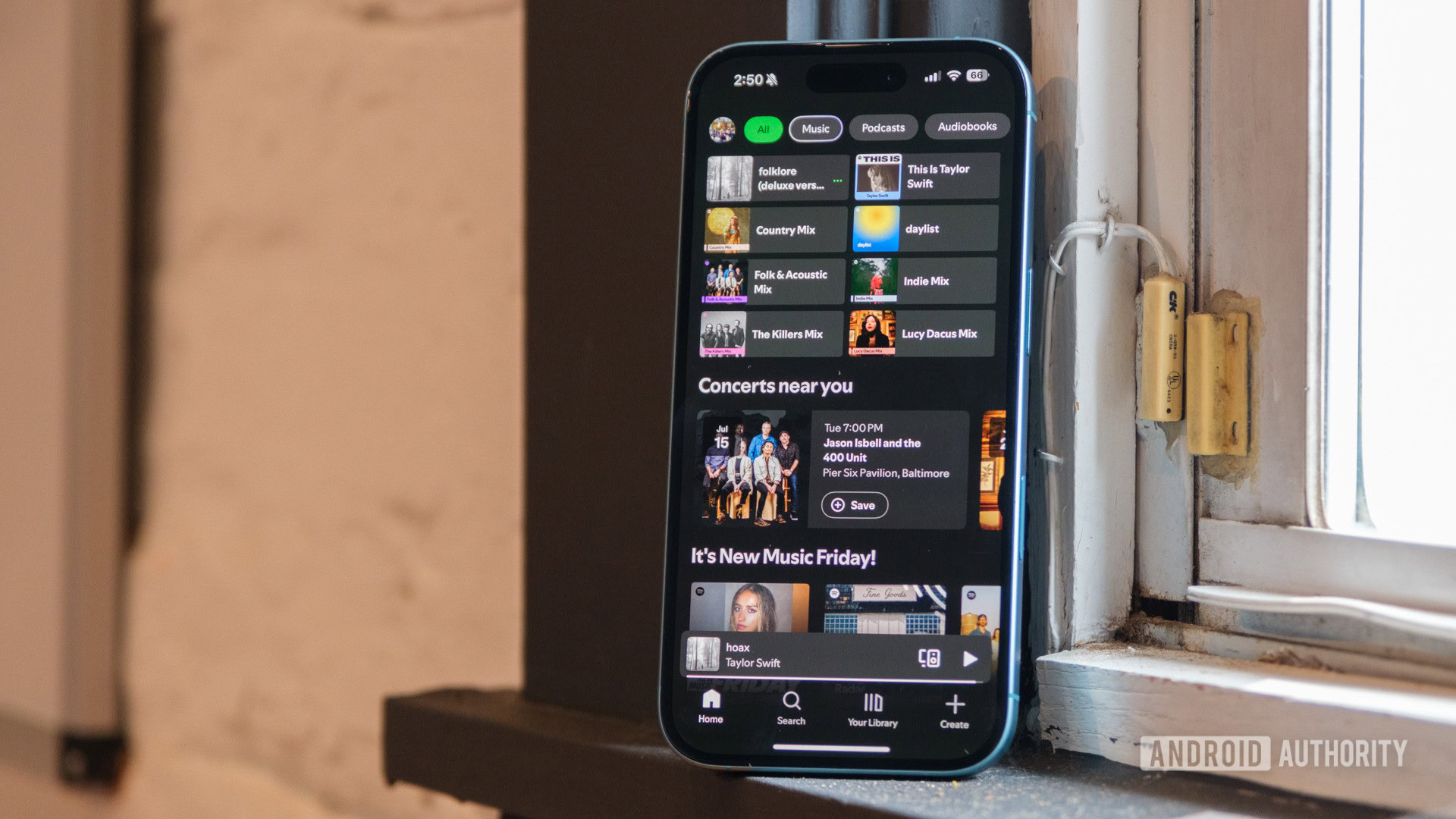Ryan Haines / Android Authority
During its quarterly earnings conference call last week, Samsung teased a bunch of changes, better chips, more AI innovation, and upgraded cameras to keep its shareholders happy. Among those pledges was a focus on how well the Galaxy Z Fold 7 has been doing in terms of sales and public reception, and a vague promise to keep innovating within the foldable lineup and “provide new experiences.”
I’m sure Samsung is subtly hinting at its upcoming Galaxy Z TriFold with its impressive tablet-and-phone design, but I do hope the allure of a hot new form factor doesn’t let the Korean giant forget about its existing Fold line-up. The Galaxy Z Fold 7 has already impressed us, but it still needs two major upgrades next year, and I don’t think Samsung should rest on its laurels or skip them.
What would you like to see in the Galaxy Z Fold 8 next year?
91 votes
None of that Qi2-ready wordplay, we need built-in Qi2 with magnets
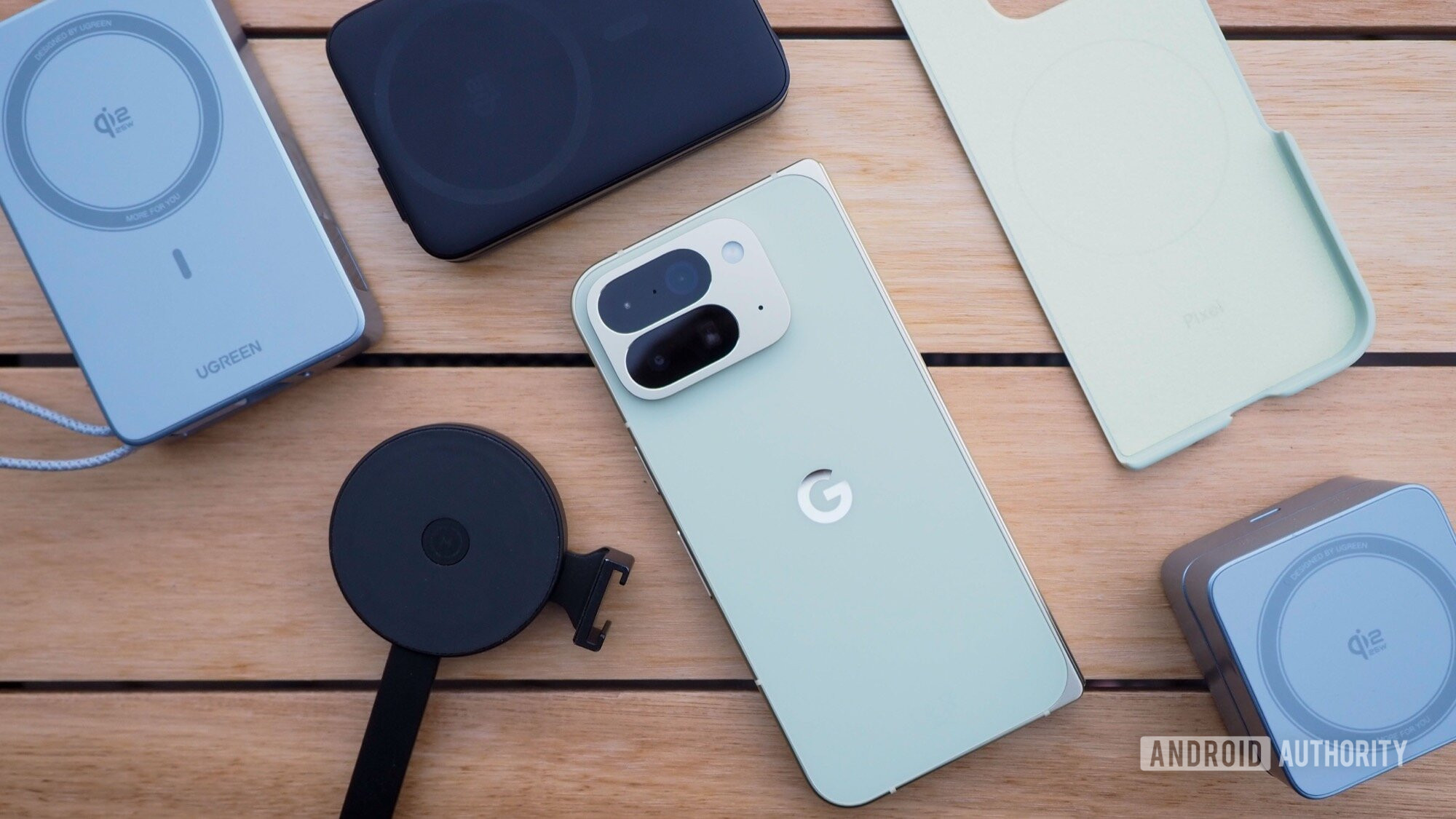
Rita El Khoury / Android Authority
Google has already shown the way for every Android manufacturer out there: You can add proper Qi2 compatibility to a phone with the required magnets, and without sacrificing anything in terms of thickness and weight. This year’s Pixel 10 Pro Fold is only 0.1mm thicker than last year’s Pixel 9 Pro Fold, and only 1g heavier. It’s such a minuscule, imperceptible compromise versus the added benefit of having everything required for Qi2 built into the phone.
Samsung can and should adopt this same approach with its flagship devices next year. If you’re paying $2000 or so on a Galaxy Z Fold 8 in 2026, you don’t want it to be missing a feature that’s already available in a Pixel 10 Pro Fold in 2025. That would feel very regressive.
If you pay $2000 for a Galaxy Z Fold 8 in 2026, you don’t want it to miss a feature that’s already available on a Pixel 10 Pro Fold in 2025.
And yes, you and I both know that cases with magnets exist, but as I’ve already argued multiple times, it’s not the same thing. For one, everyone gets a larger choice of magnet-compatible cases when the phone itself has magnets. It would no longer be an extra that only a few case brands will offer, but the norm. This would also influence the public perception around the phone: A model that becomes magnet-compatible with a “hack” only a few knowledgeable users follow is not the same as one that comes with the magnets built in, out of the box. Companies that make wireless chargers, stands, and other accessories would start marketing more products for it, and potentially make specialized models just to fit its foldable form factor. For example, Google has specifically designed and weighed the Pixelsnap Charger with Stand so that the Pixel 10 Pro Fold can balance on it with the screen open. The Galaxy Z Fold 8 deserves similar treatment for its accessories; a simple no-magnet Qi2-ready build won’t push companies to go the extra mile.
If Google can do an IP68 rating, so can Samsung
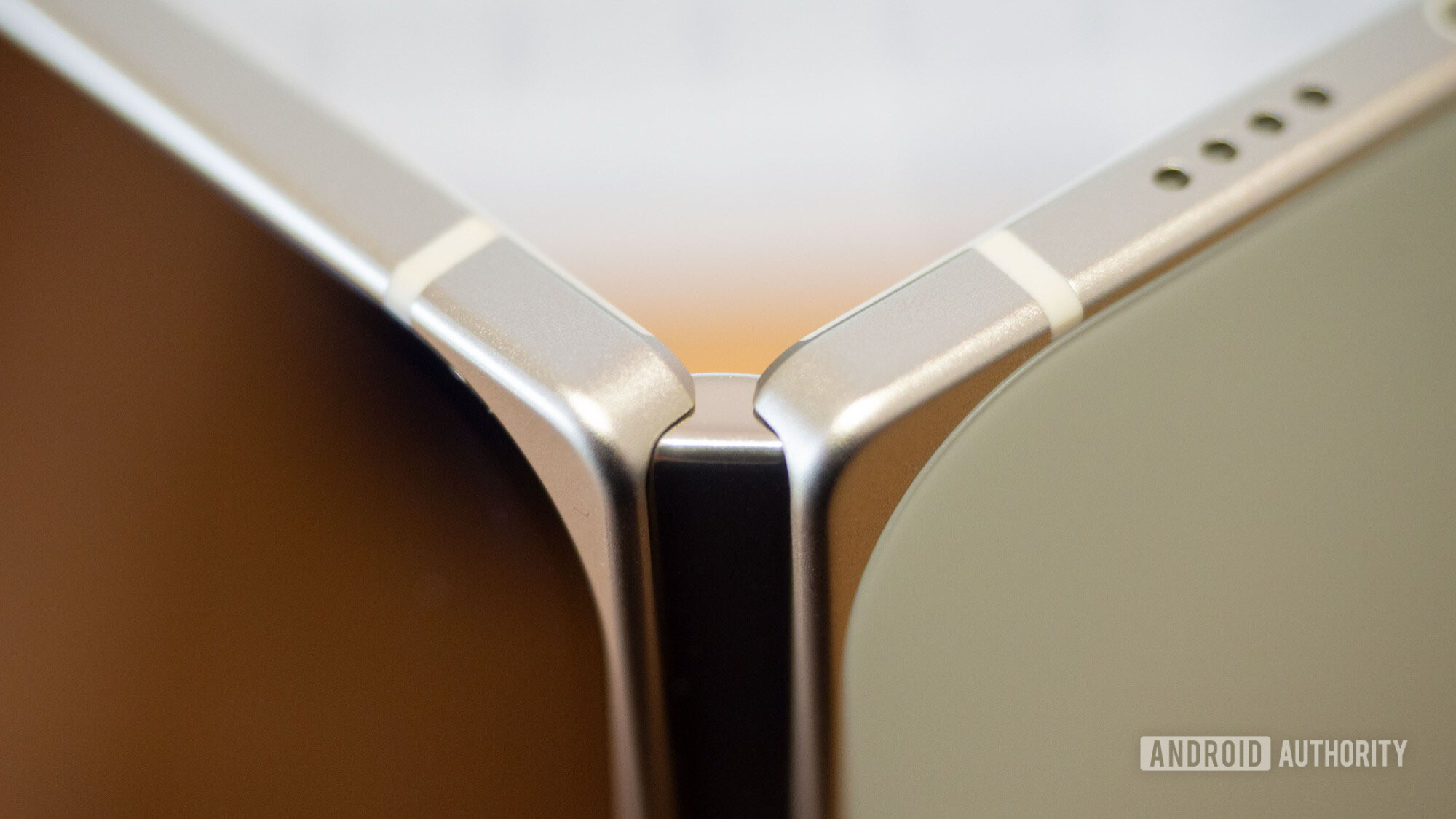
Rita El Khoury / Android Authority
Fully hermetic hinge on Pixel 10 Pro Fold
Besides built-in Qi2, Google moved the goalpost for all foldables this year with another addition: It made the Pixel 10 Pro Fold completely dust-tight. This is all thanks to the fully hermetic gearless hinge that doesn’t allow any solid particles to come inside and ruin the phone’s open and close mechanism.
By comparison, today’s Galaxy Z Fold 7 is only IP48 rated, which means its solid protection level can handle particles larger than 1mm. To paint you a picture, Wikipedia gives the example of “most wires, slender screws, and large ants,” for an IP6X rating. Well, geez, thanks for being safe against an infestation of ants!
The Galaxy Z Fold 7 can only resist solid particles as large as some wires, screws, and ants. Samsung should do better.
Samsung can and should bump that IP48 up to an IP68 rating on its next foldable, giving every user more peace of mind when they take their phones on a hike, to the beach, put it in a lint-filled pocket, or even on grandma’s dusty old couch. After all, proper dust ingress protection is one of the most crucial aspects of a phone with moving parts, and if Google, with its limited hardware know-how, already demonstrated that it’s feasible, it should be a walk in the park for Samsung. Plus, the HONOR Magic V5 and vivo X Fold 5 already surpass the Galaxy Z Fold 7 with an IP58 rating, so the South Korean giant can’t pretend to ignore this anymore.
After seven generations of foldables, people who buy the Galaxy Z Fold 8 next year deserve this extra peace of mind. They should finally be able to use a folding phone without babying it and paying super close attention to everything it touches and every pocket they slip it in.
Samsung shouldn’t take the Galaxy Z Fold 7’s success for granted
Over the past few years, we’ve complained a lot about Samsung’s stagnating innovation and its very iterative updates, especially with foldables. That’s a hot new smartphone category; it’s where Samsung should be pushing the boundaries, not recycling hardware over and over again! With the Galaxy Z Fold 7, Samsung broke its boring old mold and went back to the drawing board with a fresh new design that’s thinner, lighter, and so much more usable like a regular smartphone with one hand.
Samsung has all the know-how to compete with the other foldables. It shouldn’t rest on the Galaxy Z Fold 7’s success.
I don’t want to see Samsung stagnating again or taking the Galaxy Z Fold 7’s success for granted, iterating on it for another three or four years without meaningful upgrades (all while, you guessed it, focusing all resources on the new TriFold as if the Z Fold line isn’t hot anymore). Adding built-in Qi2 charging and properly dust-proofing this new design will go a long way to make a successor worth releasing. More camera improvements, too. Otherwise, we’ll all be back next summer, pointing fingers and saying we’re back to the lazy Samsung that only does the bare minimum.
Samsung has all the know-how to create a Galaxy Z Fold 8 that competes with the other foldables on the market, especially when one of those foldables is a Pixel, made by a company that has minimal hardware expertise, comparatively. It’s like Usain Bolt losing a 100m race to me because I just figured out how to tie my laces better. Get cranking, Samsung.
Don’t want to miss the best from Android Authority?


Thank you for being part of our community. Read our Comment Policy before posting.

